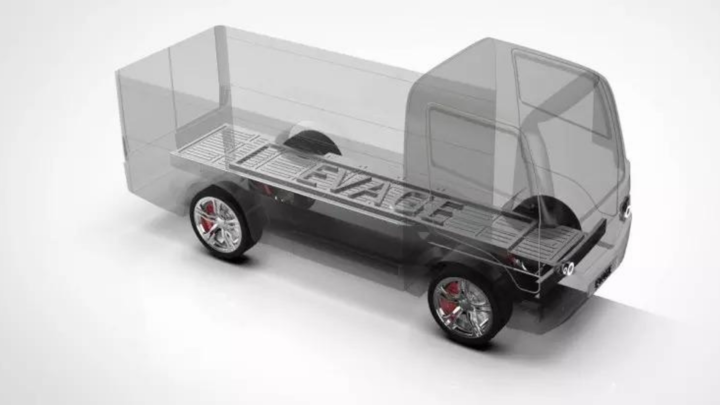As times are changing, so is business. The EV sector in India may still be in its nascent stage, but it has potential. Add to that the rising need for clean energy and sustainable development and India’s ambitious clean energy commitments, the field is ripe for the EV sector to grow in India. It is slated to grow at a CAGR of 90% from 2021 to 2030, and deepen its footprint in the Indian market.
This is a good time for EV startups to make their move, and all-electric commercial vehicle startup EVage is doing exactly that. This time, it raised $28 million in its seed funding round from US-based venture capital firm RedBlue Capital. According to the startup, the proceeds will be utilized towards completing the building of its factory outside Delhi in FY 2022-23 and scaling up its production.
Post the funding round, Olaf Sakkers and Prescott Watson, General Partner at RedBlue Capital would join the board of EVage. The startup, which is known to supply EV trucks to major delivery fleets, has many plans this year, such as to start the delivery of thousands of vehicles that are on order, and to manufacture vehicles in “Modular Micro Manufacturing” factories. They expected to have smaller carbon footprints and require less capital to produce vehicles than traditional OEMs.
EVage has been busy working with companies such as Amazon to design and test its flagship vehicle, the Model.X. It is a one-tonne truck that is designed specifically for the commercial delivery vehicle market in India, developed on EVage’s industry-ready EV platform. It is expected to hit the road this year.
As mentioned earlier, the time is right for the EV market in India to grow. This growth has partly been due to policy support from the Centre and several state governments, who are keen on transforming India into a key market for EV manufacturing. Add to that the incentives and subsidies offered on EVs such as FAME-I and FAME-II, and the increasing focus of automakers on EVs, and you get an idea as to why the EV sector in India has been growing steadily in recent times.
India’s Transport Minister Nitin Gadkari has mentioned that he had set a target for India to have 30% private cars, 40% buses, 80% two and three-wheelers, and 70% commercial vehicles electric by 2030. While Amazon aims to have 10,000 electric vehicles for deliveries by 2025, Walmart’s Flipkart aims to have 25,000 EVs on the road by 2030. Ola has joined the race as well with Ola Electric, which recently rolled out its electric scooters.
The Tech Portal is published by Blue Box Media Private Limited. Our investors have no influence over our reporting. Read our full Ownership and Funding Disclosure →






